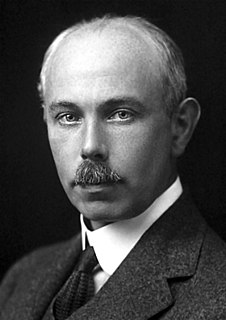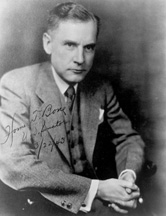A Quote by Werner Herzog
The volcano itself wasn't that interesting, but the man who refused to be evacuated - the only one of 75,000 people - was what set the tone for the film ["Encounters at the End of the World"] that we made together [with Clive Oppenheimer] ten years later.
Related Quotes
Clive [Oppenheimer] and I figured out that I'm the only one probably in the film industry who is clinically sane. I say that as a joke, but there's a grain of truth to it. I'm not a stupid daredevil who jumps into the crater of the volcano to get the closest close-up, I'm not one of those. And you have to be aware that you have a crew with you and you are responsible.
It cost about 75 cents to kill a man in Ceasar's time. The price rose to about $3,000 per man during the Napoleonic wars; to $5,000 in the American Civil War; and then to $21,000 per man in World War I. Estimates for the future wars indicate that it may cost the warring countries not less than $50,000 for each man killed.
At the end of the two years that I was the director [of the Center for Reproductive and Sexual Health in Manhattan], we had done 60,000 abortions. [During my life] I myself, with my own hands, have done 5,000 abortions. I have supervised another 10,000 that residents have done under my direction. So I have 75,000 abortions in my life. Those are pretty good credentials to speak on the subject of abortion.
When Laura Poitras asked me if she could film our encounters, I was extremely reluctant. I’m grateful that I allowed her to persuade me. The result is a brave and brilliant film that deserves the honor and recognition it has received. My hope is that this award will encourage more people to see the film and be inspired by its message that ordinary citizens, working together, can change the world.
































